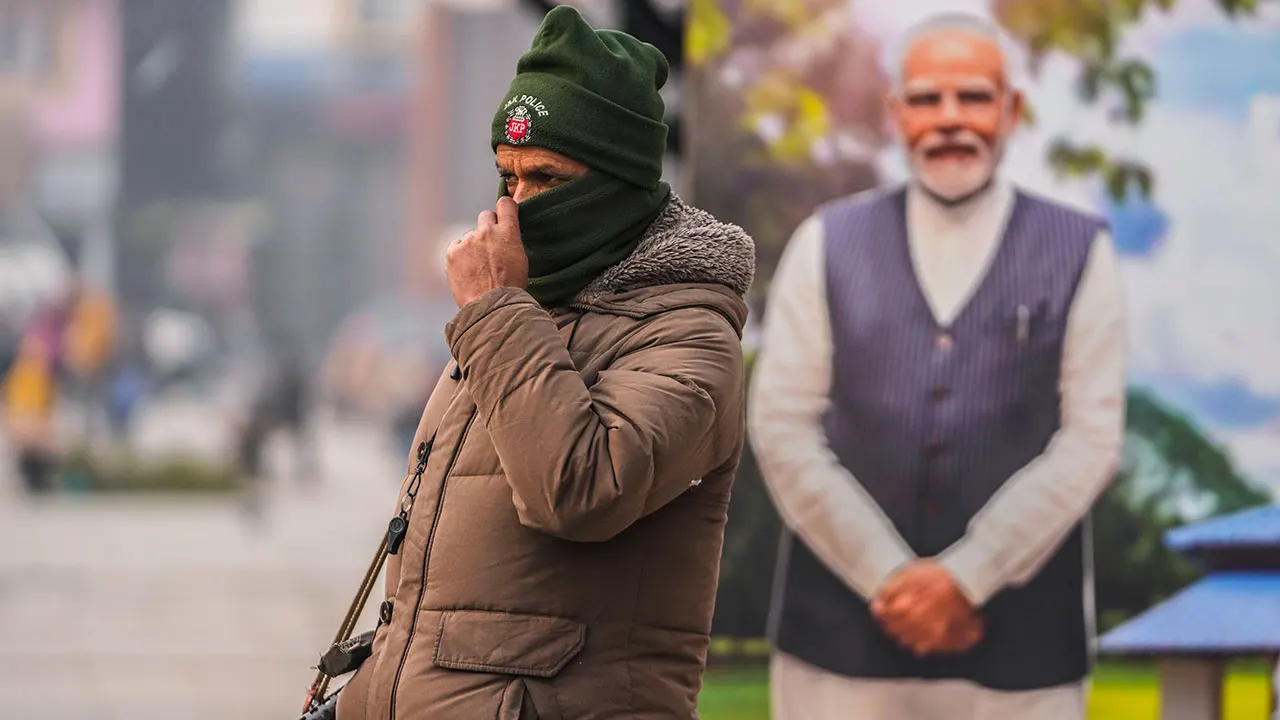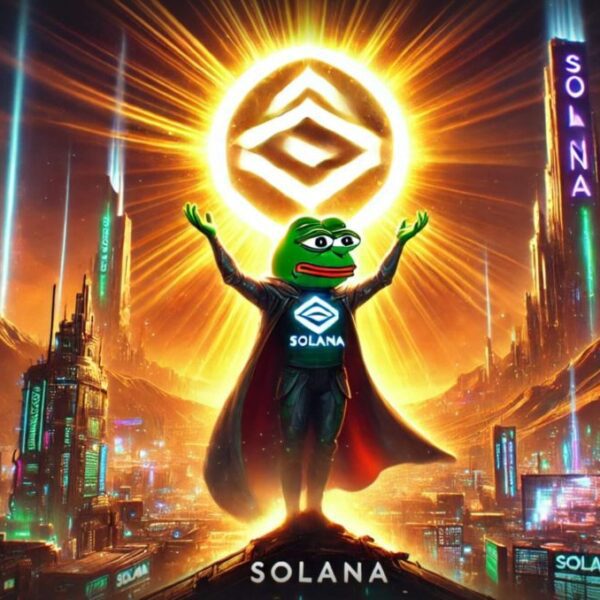The Trump administration last month deported scores of Venezuelan men to El Salvador, sending them to a maximum-security prison for gang members. The administration claimed that most of the men were members of the Venezuelan gang Tren de Aragua, a group that, according to the executive order decreeing the deportations, is “conducting irregular warfare and undertaking hostile actions against the United States.”
Tren de Aragua is not invading America. While the research organization InSight Crime, which has tracked the gang for years, has found that it does have a limited presence in the United States, researchers have seen no evidence that it has organized cells in the country that cooperate with one another, much less receive directions from abroad. The exaggerated government claims and ensuing public concern about the group’s activities in the United States amount to a classic moral panic, in which a handful of crimes are cited by politicians as evidence of an urgent threat to society.
To be sure, Tren de Aragua is a dangerous group, responsible for horrendous crimes in Venezuela and elsewhere in South America. The three of us have spent decades studying violence in Venezuela precisely because we understand its ability to destroy lives, families and neighborhoods. But central to creating a more secure world is getting the facts, causes and solutions right. So far, many American politicians, police officers and journalists have failed to do so, and instead have perpetuated significant misconceptions about Tren de Aragua.
The biggest misconception concerns the group’s organizational capacity. Tren de Aragua was recently designated a terrorist organization by the United States, alongside much more established groups like the Mara Salvatrucha in El Salvador and cartels in Mexico. Calling criminal groups terrorist is always a stretch since they usually do not aim at changing government policy.
But this is particularly the case with Tren de Aragua. Compared to these others it is a relatively young organization with relatively limited capacity and no historic political aspirations. Indeed, since the Venezuelan military in 2023 stormed the prison that Tren de Aragua controlled and was headquartered, the gang has been increasingly dispersed, not centrally organized and with no declarations of political goals.
Tren de Aragua emerged in the penitentiary in the town of Tocorón around 2014. Its expansion in South America is closely tied to the mass migration of Venezuelans that accelerated shortly thereafter. Its criminal operations primarily involve not international drug trafficking or transnational extortion rackets but migrant smuggling and the sexual exploitation of Venezuelan migrants in Colombia, Chile and Peru. None of the group’s primary economic activities suggest significant expansion outside of South America.
Although U.S. Immigration and Customs Enforcement officials disclosed little about how the men deported last month were identified, we now know that ICE officers use a rubric to help determine whether someone is a Tren de Aragua member, including symbols and logos, such as tattoos. The designation of tattoos as a gang identifier presumably stems from the practice of Central American gangs to indicate membership with tattoos, but our research suggests that Tren de Aragua, and Venezuelan gangs more generally, do not have a history of doing so. Many young Venezuelans, like young people everywhere, borrow from the global culture of iconic symbols and get tattoos. That doesn’t mean they’re in a gang.
Organized crime is far less portable than people usually think. It typically involves control of illicit markets, which in turn depends on relationships with local people and officials. These networks are not easily transferable and limit mobility. This is one of the reasons that many criminal groups have geography in their name: Sinaloa, Medellín, Cali and, of course, Aragua, an agricultural state in north-central Venezuela, and home to the Tocorón prison, where Tren de Aragua originated. These names describe their base of operations and the place where they are dominant.
The Trump administration has suggested that Venezuela’s president, Nicolás Maduro, sent members of Tren de Aragua and other Venezuelan gangs to the United States to destabilize the country. But in February, U.S. intelligence agencies reportedly circulated findings internally that Tren de Aragua is not controlled by the Maduro government and the gang members who are in the United States have not been sent here by it.
While there is undoubtedly criminal activity within the Maduro regime, its relationship to criminal groups amounts to an unstable and volatile collage, with competing armed groups collaborating temporarily with the government when their diverse interests overlap. The same holds true with Tren de Aragua: While there have been moments when the group and the Maduro government negotiated pacts that served their interests, their relationship is best characterized as antagonistic and competitive, as evidenced by the military raid on the Tocorón prison.
A handful of news reports about suspected Tren de Aragua members describe them as responsible for serious crimes in America. Arrests have primarily been for crimes like shoplifting, burglary and cellphone robbery. And of course other Venezuelan immigrants have also committed crimes in the United States; with approximately 770,000 living here as of 2023, sheer numbers make this an inevitability. None of this is evidence of a Tren de Aragua invasion.
Over the past two centuries the arrival of Irish, Italian, Chinese and Mexican immigrants in America have produced similar moral panics, set off by real problems but also exploited by politicians. Despite President Trump’s constant claims, America is not in the grip of a crime wave — preliminary data from the F.B.I. shows that crime continued to drop last year — and research consistently shows that increases in immigration do not cause increases in crime.
The Trump administration’s deportations of more than 200 Venezuelan men to an inhumane and overcrowded Salvadoran prison will almost certainly help deter migration, but there are ways to curb immigration that do not rely on mass criminalization, arbitrary detention and the violation of due process, all characteristics of the regime many Venezuelans are trying to escape.
Reviving discussion of the bipartisan immigration reform proposal developed in 2023 and 2024 would be a good place to start. Most everyone involved in the refugee and immigrant review system agrees that it fails to promptly adjudicate cases and needs to be strengthened. Interesting proposals by nonprofit organizations — for example, matching immigrants in communities with labor shortages and facilitating access to justice services — should be considered. And given that most migrants are fleeing poverty and violence in their home countries, more focus should be put on bolstering democracy and prosperity south of the border.
None of these initiatives are likely in an administration that seems set on coercive and dissuasive policies. But whatever policies they pursue, immigration officials must respect the rule of law and human rights. The mass criminalization, arbitrary detainment and violation of due process that have characterized the Trump administration’s actions so far have echoed some of the tactics of the Venezuelan regime many of these young men presumably fled from. It reduces U.S. credibility and emboldens authoritarians everywhere.
Rebecca Hanson is a professor of sociology at the University of Florida. David Smilde is a professor of sociology at Tulane University. Verónica Zubillaga is a sociologist and co-director of the Network for Activism and Research for Coexistence, an anti-violence nongovernmental organization in Caracas, Venezuela.
The Times is committed to publishing a diversity of letters to the editor. We’d like to hear what you think about this or any of our articles. Here are some tips. And here’s our email: [email protected].
Follow the New York Times Opinion section on Facebook, Instagram, TikTok, Bluesky, WhatsApp and Threads.














